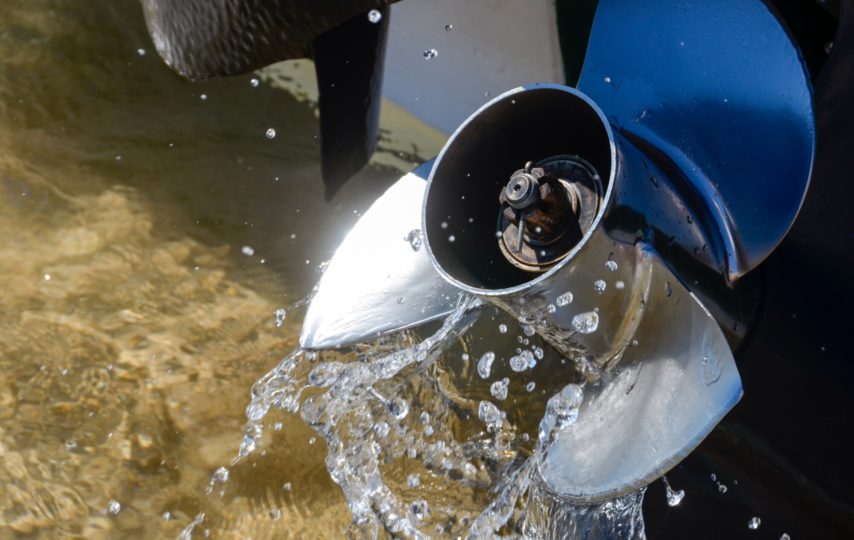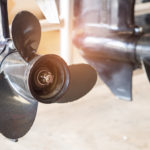Are you looking to upgrade your boat to make it faster, more effective, and more reliable? Maybe you inherited a boat from a relative. Or maybe you found a really good deal locally, but the boat needs a few upgrades.
But if your boat is in rough shape, one of the first things to replace is the propellor. Swapping that old propeller with one of the new, modern, aluminum propellers is one of the best upgrades you can make to your boat.
Aluminum boat propellers are one of the best options for those looking for a dependable, yet inexpensive solution.
Interested in the pros and cons of aluminum propellers? Keep reading who should get an aluminum propellor and who should skip it for a different material.
Types of Boat Propellers
First off, let’s discuss the main types of boat propellers. You already know why they’re important, right? Powered by the engine, the propellor spins in the water and thrusts the boat forward. It’s one of the most vital pieces of equipment on board.
Propellors can be made from stainless steel, aluminum alloy, nickel, or bronze. They need to be able to withstand corrosion from salty or dirty water.
You can get a boat propellor containing between 3 and 6 blades, depending on the type of boat you have and the performance desired. With aluminum being one of the most popular, cost-effective types of propellers, let’s discuss the pros and cons.
Pros of Aluminum Propellers
One of the main advantages of aluminum propellers is the fact that they are more affordable. The other main option is stainless steel, which tends to cost quite a bit more.
An aluminum prop is also lighter than other materials. It can weigh about half of what a steel propellor weighs. This weight reduction can allow boats to get up to speed quicker than boats with heavier propellers.
On top of that, these are very easy to maintain and repair. Aluminum will bend before it breaks. So when you hit rocks or hard bottoms, aluminum can be forgiving.
Cons of Aluminum Propellers
No, aluminum propellers aren’t perfect. For starters, the blades can be much thicker than steel blades. As a result, you may experience some drag.
They also don’t function well in very sandy conditions. This is why it’s important to consider where you use your boat the most when shopping for a propellor.
Aluminum can be more corrosion-prone than other materials. This just means a little extra maintenance is required to protect it.
Stainless Steel vs Aluminum Propellers
So how do aluminum propellers compare to stainless steel? Steel is much more expensive. But it also performs very well.
The heavier weight means a slower acceleration, but it can perform better in the long run once it reaches top speeds. Many people prefer stainless blades, but the cost makes it prohibitive and unnecessary for many boaters.
Getting Back on the Water
If you love your boat, then you likely spend a lot of time taking care of it. You keep it clean, service it regularly, and of course get on the water a lot.
Shopping for a propellor doesn’t need to be a difficult decision. Choose from the top-quality aluminum propellers and spend more time out on the water than researching. You’ll be happier out there.
Looking for other articles like this? Be sure to visit the rest of our blog today for more.













